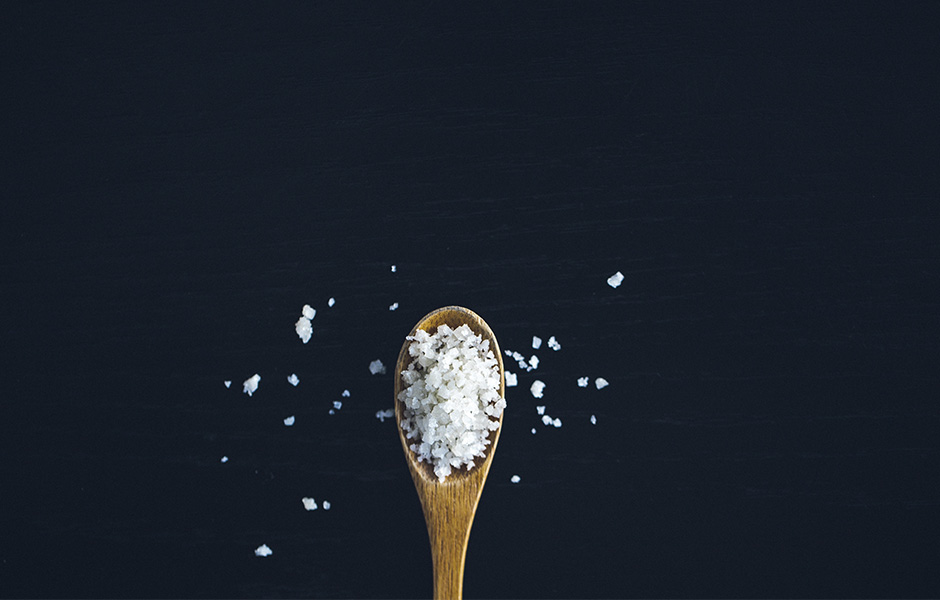A group of Portuguese researchers is looking for 500 volunteers, men and women between the ages of 20 and 70, from the metropolitan area of Lisbon, to integrate a study that aims to evaluate the effectiveness of an eating habits education program in salt intake reduction, with an impact on health, particularly blood pressure values.
The work is coordinated by the researchers Jorge Polónia and Conceição Calhau, from CINTESIS – Center for Health Technology and Services Research and is part of the movement “Menos Sal Portugal” (Less Salt Portugal), promoted by a consortium made up of CUF and the Jerónimo Martins group.
Cardiovascular diseases are the main cause of mortality worldwide, and hypertension is a recognized risk factor for the development of such affections. One of the most effective strategies to reduce hypertension is the reduction of salt intake in food, which has been recognized by the World Health Organization (WHO) as one of the priority measures in the fight against chronic noncommunicable diseases.
“The WHO recommends a maximum daily intake of 5g of salt for an adult and 3g for children. However, according to the PHYSA study, the intake of salt in the Portuguese population is 10.7g per day, which is twice the maximum intake value recommended,” explains Jorge Polónia, coordinator of this work and professor at the Faculty of Medicine of the U.Porto.
The goal of this research team is to work towards a solution for this problem. “Our purpose is to test the impact that a 12-week education program may have on the eating habits and health indicators of a sample of the Portuguese population,” explains Conceição Calhau, nutritionist and professor at the NOVA Medical School.
The education program will run for 12 weeks and includes training sessions, a permanent telephone line and counselling (from nutritionists) to participants during their weekly food purchases.
“Participants will be counselled about how to reduce salt added during mealtime (e.g. using spices), learn to read and interpret food labels, choosing foods with less salt (NaCl) or sodium (Na), and will be motivated to consume foods rich in potassium, among other things,” explain the researchers.
The levels of urinary sodium excretion (24-hour urine) will be measured at the beginning and at the end of the intervention in order to evaluate the variation of salt intake by the participants. The evolution of blood pressure levels, body weight / body composition and waist circumference will also be evaluated.
“Esperamos que a mudança no estilo de vida, sobretudo os hábitos alimentares, tenham um impacto favorável na população em estudo e que as alterações observadas se traduzam em ganhos de saúde duradouros”, sintetiza Conceição Calhau.
Volunteers will be compensated for the costs of their travel to the monitoring / evaluation centers and will also receive discount vouchers to use in their daily food purchases in a supermarket chain.
Those interested in participating in this study should state their intention, indicating their full name, age, zone of residence and place of work, in an email to: estudosaude2019@gmail.com.


